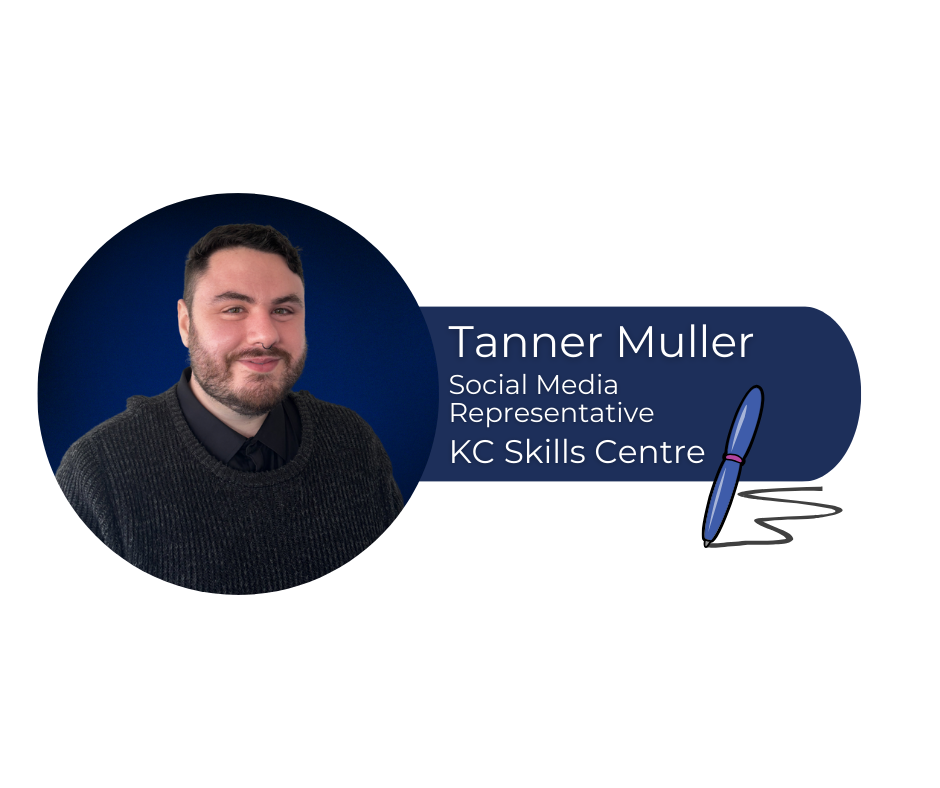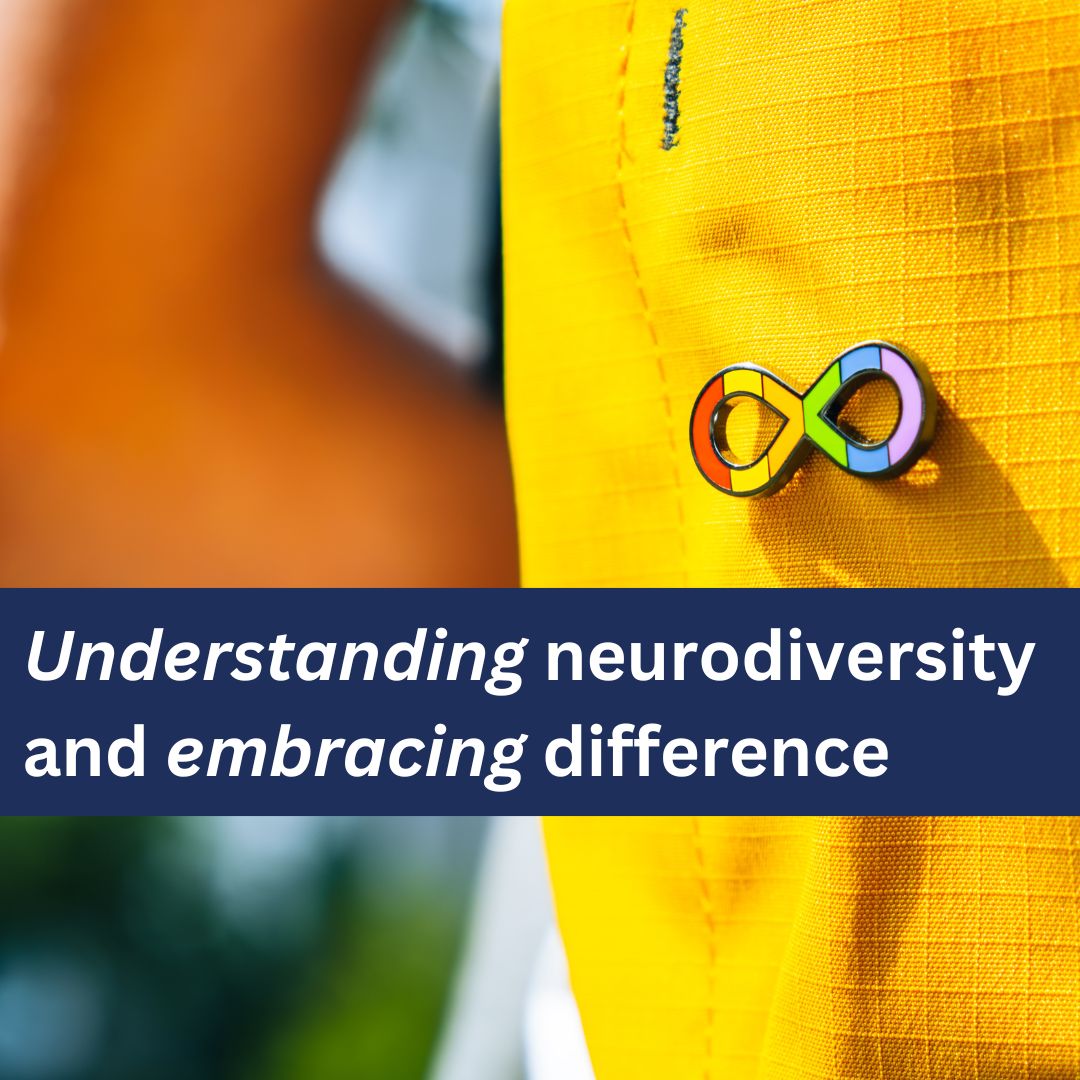In today’s increasingly diverse world, it is essential for professionals, across the various healthcare fields, to embrace neurodiversity. The term itself refers to the natural variation in human cognition, brain functioning, and mental processing. Just as we celebrate diversity in ethnicity, gender, and culture, neurodiversity recognises the unique ways people think, learn, and process information. Neurodiversity Celebration Week, observed annually in March, serves as a timely reminder to reflect on these important differences and promote greater inclusion within the sector.

What is Neurodiversity?
Neurodiversity is the concept that differences in the brain and neurological wiring (such as autism, ADHD, dyslexia, and other conditions) are a natural part of human diversity. Rather than viewing these differences as something that needs to be ‘fixed’, neurodiversity embraces them as variations that come with their own strengths and challenges.
This approach confronts the traditional care model, which often sees conditions like autism or ADHD as something to be ‘cured’ or ‘managed.’ Neurodiversity advocates for acceptance, aiming to provide support for individuals in a way that acknowledges their unique ways of thinking and interacting with the world.
Why Neurodiversity matters
Understanding neurodiversity is crucial for support workers, not only to provide better care, but also to promote an environment of respect, inclusion, and empowerment. By acknowledging and appreciating the unique ways in which neurodivergent individuals think and experience the world, professionals can create a more supportive and dignified care approach.
Neurodivergent people often face challenges in environments that do not recognise their cognitive differences. For instance, those on the autism spectrum may find social interactions overwhelming, while individuals with ADHD may struggle to focus during lengthy conversations. By understanding these differences, support workers can adapt their approach, offering care that is more personalised and effective.
Embracing neurodiversity also enriches the healthcare profession. These individuals bring distinct perspectives that can contribute to creative problem-solving and innovation. By valuing diverse cognitive styles, healthcare providers can enhance their quality of care, resulting in a more holistic and compassionate approach to client wellbeing.

Creating a neurodiverse-friendly environment
To truly embrace neurodiversity, support workers must create environments that support these differences rather than merely tolerate them. This begins with promoting awareness and understanding through education and upskilling (such as the Autism Care Training course offered by Skills Centre Australia). This can assist support workers to learn about different neurodiverse conditions, dispel myths, and discover effective communication strategies.
Simple changes to the physical space—such as reducing the amount of sensory overload—can greatly improve the experience for neurodivergent individuals. Additionally, inclusive policies and practices that prioritise flexibility and person-centred care will help neurodivergent clients feel more comfortable and respected.

Understanding neurodiversity is essential for creating a healthcare environment that is inclusive and supportive. By embracing the differences neurodivergent individuals can bring, we can promote an industry culture that is respectful, empathetic, and empowering. As support workers, it is your responsibility to ensure everyone, regardless of how they process or interact in this world, receives the care they deserve. By continuing to learn about and celebrate the diverse ways people think and experience life, we enrich our practices and strengthen the communities we serve.
At Skills Centre Australia, we offer an industry-recognised Autism Care Training designed to empower healthcare workers with the tools and knowledge they need to make a real difference. For more information, or to enrol, visit the course page on our website, https://kcskillscentre.com.au/training/autism-and-dementia-training-for-support-worker/.


